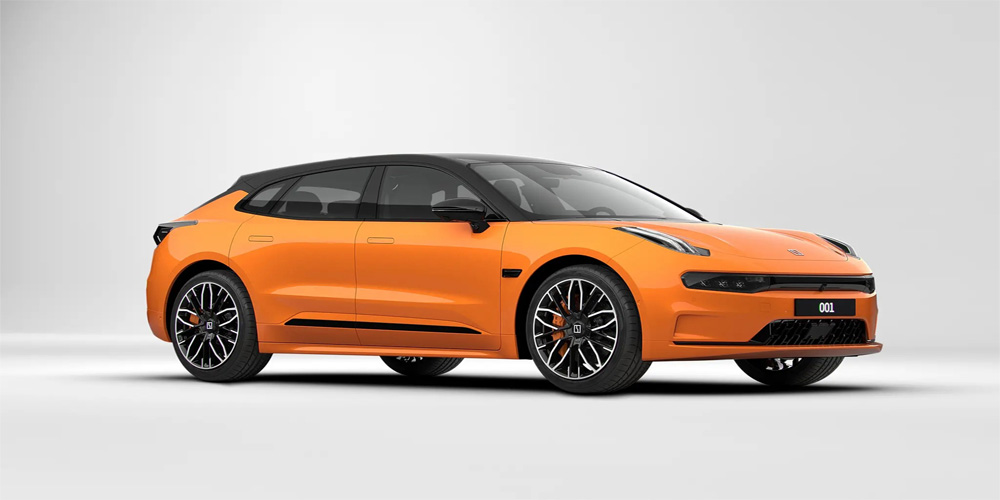Chinese car maker Zeekr says its new electric vehicle (EV) batteries charge faster than any of its rivals, including industry leaders Tesla and BYD.
The firm claims its upgraded batteries can be charged from 10% to 80% capacity in 10 and a half minutes using its ultra-fast charging stations.
In comparison, Elon Musk’s Tesla says a 15 minute charge allows its Model 3 to cover 175 miles (282km), a little under half the car’s full range. Zeekr’s 2025 007 sedan, which will be available from next week, will be its first vehicle to have the new battery.
The battery performs well even in cold weather charging from 10% to 80% of its capacity in less than half an hour at temperatures as low as -10C, the company also said, external.
BBC News has contacted Tesla and BYD to request a response to Zeekr’s announcement.
Tu Le, founder and managing director of consultancy firm Sino Auto Insights told the BBC: “Tesla’s charging technology is not industry leading anymore and has not been for some time.”
“These bold claims by Zeekr are believable, but more importantly even if it’s not the fastest charging EV battery, being one for the fastest is still quite a leap for them”.
“The competition in China is incredibly fierce and while brands like BYD prioritise scale and sales, brands like Zeekr, Li [Auto] and Nio are focused on maximising the charging experience,” said Mark Rainford, a China-based car industry commentator.
“Zeekr’s parent company, Geely, is pretty much a vertically integrated business… they have the resources to do this,” he added.
Geely owns several brands, including UK-based luxury sports car brand Lotus and Sweden’s Volvo.
In May, Zeekr’s shares started trading on the New York Stock Exchange, marking the first major US market debut by a Chinese company since 2021.
The shares are currently trading 27% below the price set in its initial public offering (IPO).
The listing came just days before the Biden administration announced major tariff hikes on Chinese-made electric cars, solar panels, steel and other goods.
The White House said the measures, which included a 100% border tax on EVs from China, were a response to unfair policies and intended to protect US jobs.
Officials in the US, the European Union and other major car markets have grown increasingly concerned about the rapid overseas expansion of Chinese EV companies.
